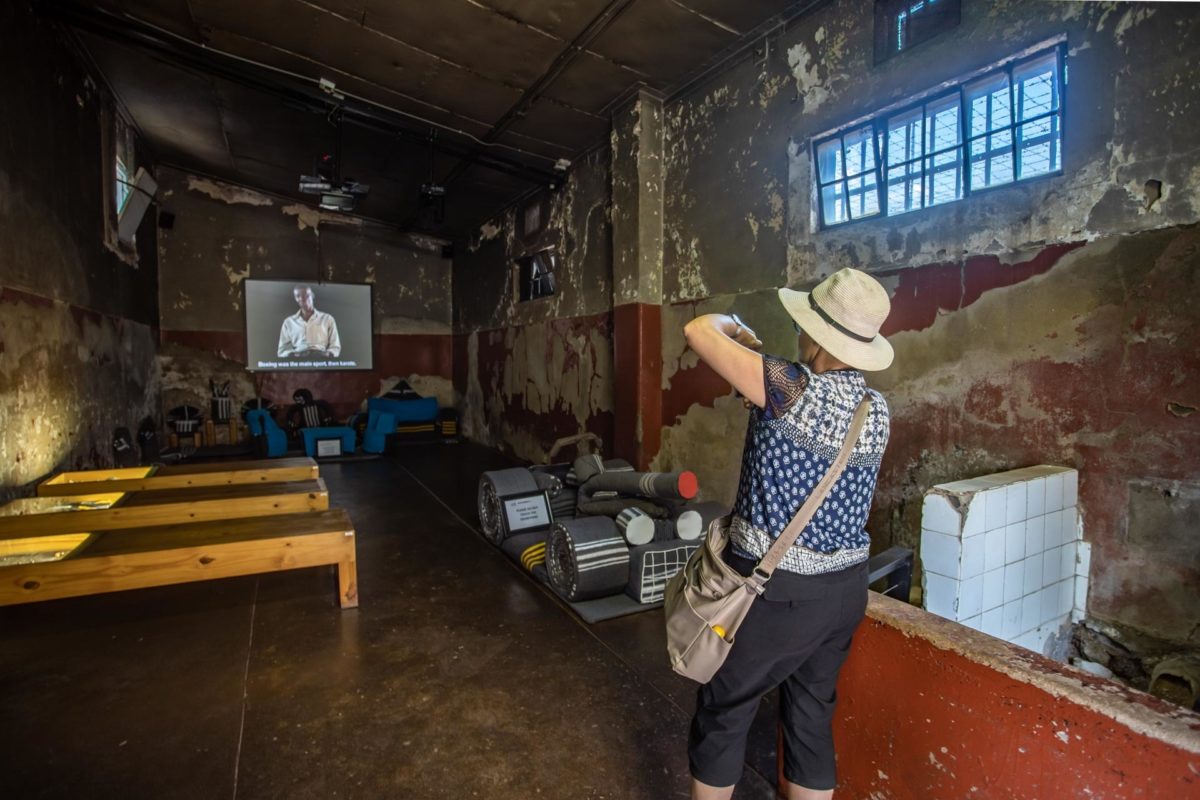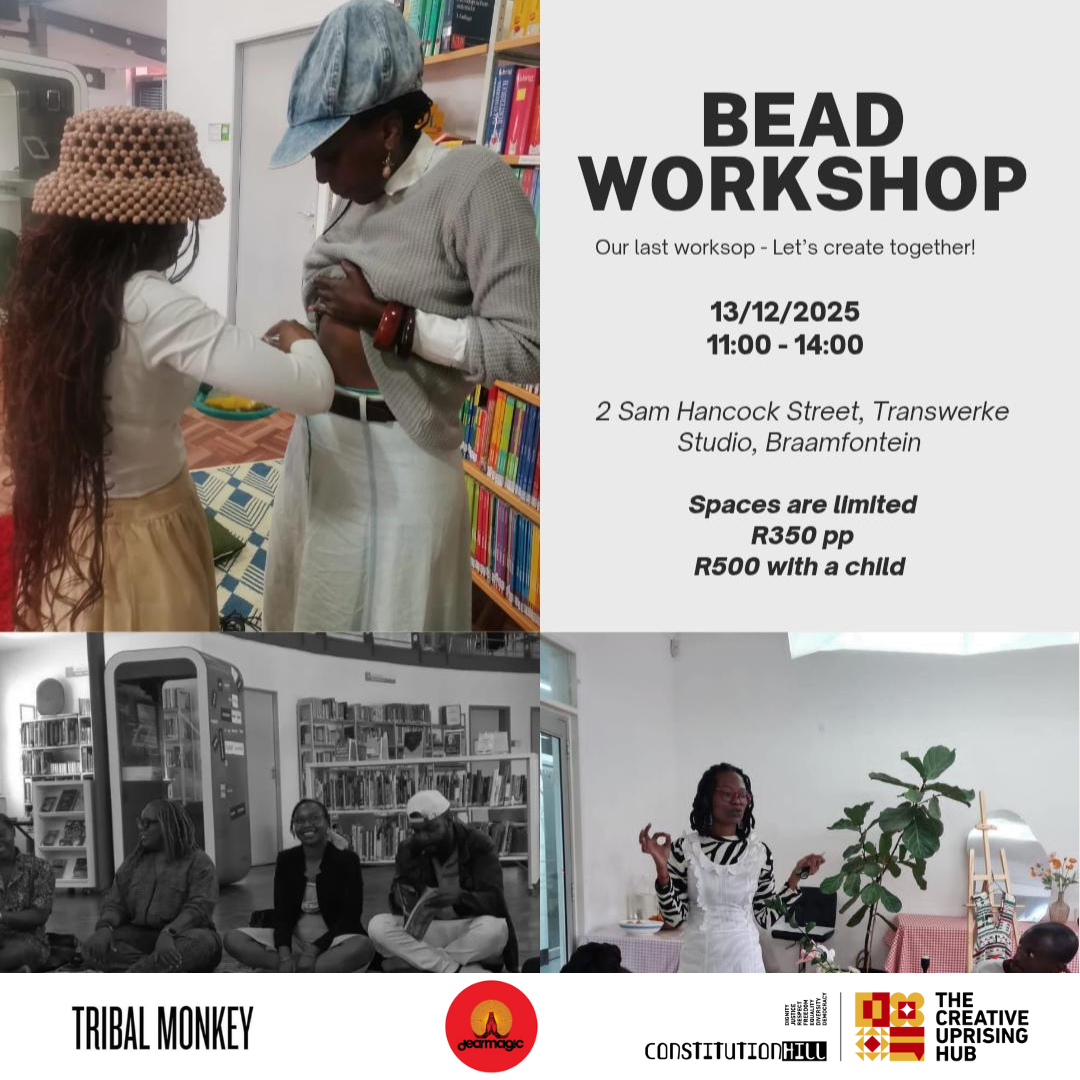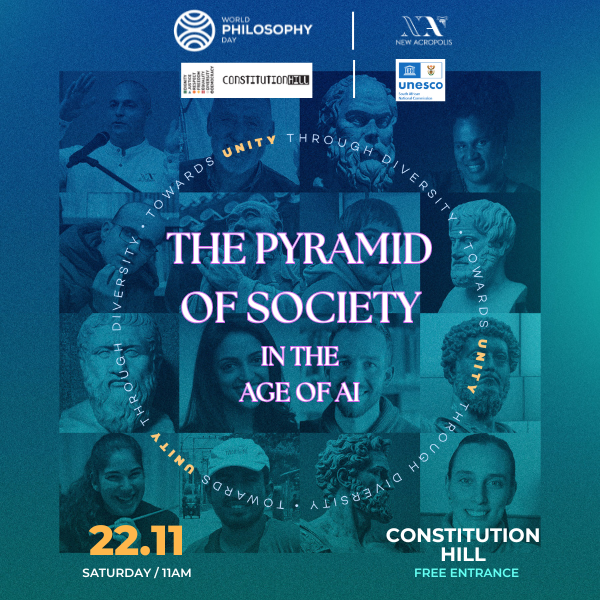
What is heritage!? What is your heritage? What will your future generations heritage be! Heritage can be defined as: valued objects and qualities such as historic buildings and cultural traditions that have been passed down from previous generations. The most celebrated cultural traditions are found in food!I would simply say it is our history!
ONE MEAL –ONE DAY – ONE WEEK – ONE MONTH – ONE YEAR – ONE LIFETIME – MULTIPLE GENERATIONS! Food affects genetics, behaviour, and everything we are!
But are we producing a weaker species, a weaker community, and a weaker nation through poor nutrition choices by compromising our heritage of real food!? When we in South Africa plan menus for Heritage Month or Heritage Day we think of food like PAP, Curries, Breedies, Potjiekos, Melktert, Koeksisters and the list goes on! In this is article I would love to inspire you to analyse your favourite dishes and prepare them as the authentically nutritious and relevant dishes that we as a species were created to consume! Most ancient cultures ate with a purpose and not for entertainment...for nutrition, wellbeing, and survival, not to portray status and vanity!
Ancient History.
Raw opened oyster, part of the diet of the "Strandloper" Khoi people who lived close to the beach - South Africa food history and culture.
Until agriculture was developed around 10,000 years ago, all humans got their food by hunting, gathering, and fishing. As farming emerged, nomadic hunter-gatherers gradually were pushed off prime farmland, and eventually they became limited to the forests of the Amazon, the arid grasslands of Africa, the remote islands of Southeast Asia, and the tundra of the Arctic. Today only a few scattered tribes of hunter-gatherers remain on the planet. South Africa has a fascinating and overwhelming variety of different culinary traditions. A food history which shows an inherently abundant and naturally nutritious diet. The San people enjoyed a surprisingly varied menu of edible roots, leaves, plants, berries, and nuts gathered from the "veld" (field). They also gathered eggs, being particularly fond of ostrich eggs. To complete this amazingly well-balanced menu, with an array of proteins and complex carbohydrates, they hunted for meat such as antelope, birds, and small animals.
Some of the Khoi people living at the coast close to the beach known as the "Strandloper" (beach walkers), had a diet just as varied. They dined on mussels, abalone, crayfish, seals, and penguins, supplemented with edible wild plants, fruits and seaweed.
At a certain stage in their history, influenced by the livestock farming culture of the Bantu people, the Khoi people changed their source of food supply from gathering and hunting to a nomadic type of livestock farming, starting with sheep at first and adding cattle at a later stage. But the main thing it was still naturally and abundantly healthy and nutritious. Sorghum was the grain of choice until in recent history exotic grains such as maize colonized the lands and plates southern Africa. Colonials also taught through religion that seafood was to be avoided and thus some ancient heritage and culture was changed in indigenous ways of life! Also, notably absent is mealie meal which was introduced to Africa around 1000 AD as Bantu tribes made the great migration southwards. even then it was never the refined version which was introduced in the 1950's to shops in townships. Before then whole mealies were used, absent of preservatives and fillers found in refined maize, which coincide with rising poor health in people who consume it daily.

Modern Consumerism and a Lifestyle of Convenience
So where did we go so wrong as a nation to be labelled one of the unhealthiest countries? Africa has the highest rate of childhood obesity in the world at 13%, 68% of women are overweight and 31% of men are overweight according to the WHO.
Is it the perpetuated socio-economic structures that keep the vast majority in poverty, who have no access to healthy foods as government policies incorrectly subsidise unhealthy foods that are not actually genetically or inherently what the majority thrives on!? My general hypothesis is that the new multi-racial community recreates the South African nation through their own consumption!
Studying food consumption is for me part of a long-term research project, which includes urban food supply chains as we as a species have evolved to become reliant on others to feed us rather than forage and feed ourselves. Looking at food allows us to integrate a wide range of questions because, although we need to eat to live, eating is also a principal vehicle for sharing social life and for expressing a range of lifestyles.
Moreover, food is a deep symbol of inherited identities.
Every group has its - soul food, and the taste for this change more slowly than our willingness to experiment with fast foods imported from around the globe to which most have adopted as their daily bread! Just look at the drive-throughs during this pandemic lockdown period. “According to the Franchise Association of South Africa (FASA), the franchising market is worth R587 billion Rand, which is approximately 13.3% of the South African Gross Domestic Product (GDP),” BUSINESS TECH – 10 MAY 2018
Conspicuous Consumption!
...is a term that has negative connotations ...but the pursuit of individual self-interest is the motor of economic development. At the same time, the psychological argument produced by a study of conspicuous consumption shows it is a response to historical deprivation by groups who wish to affirm their new social standing. Have we changed our Heritage Day menus and practices to accommodate our deprived cravings and suit our pockets and is it authentically our culture to celebrate these consumeristic calendar events? We do not only crave what we are deprived of but what past generations have had! So, if our recent previous generations ate poorly, we too would eat poorly.

Leaving an Inheritance of Wellbeing!
Let the next generation inherit our healthy heritage!
So why not recreate your Heritage Day menus by illustrating how amazing and authentically healthy and nutritious heritage month can be! Based on what I have previously mentioned regarding the "plate" of early indigenous people! Some experts say modern humans should eat from a 'Stone Age menu'. I agree! we see a re-emergence of the paleo diet which is reaping amazing results for many cutting out modern industrialised foods. we may never become foragers again, but we can change the source of supply directly from farms and possibly our own gardens. We do not have to deprive ourselves of our braais and curries, and whatever our favourites are, but we can try to ensure the ingredients we put in them are good and nourishing! Let us as a generation be the ones that change the trajectory of our anthropological nutrition to one of excellence where generations from now will look back and say: Not only did they live through and world-wide pandemic, but they thrived thereafter!
Health and wellness are your heritage and it should be celebrated as such!

 +27 11 381 3100
+27 11 381 3100








